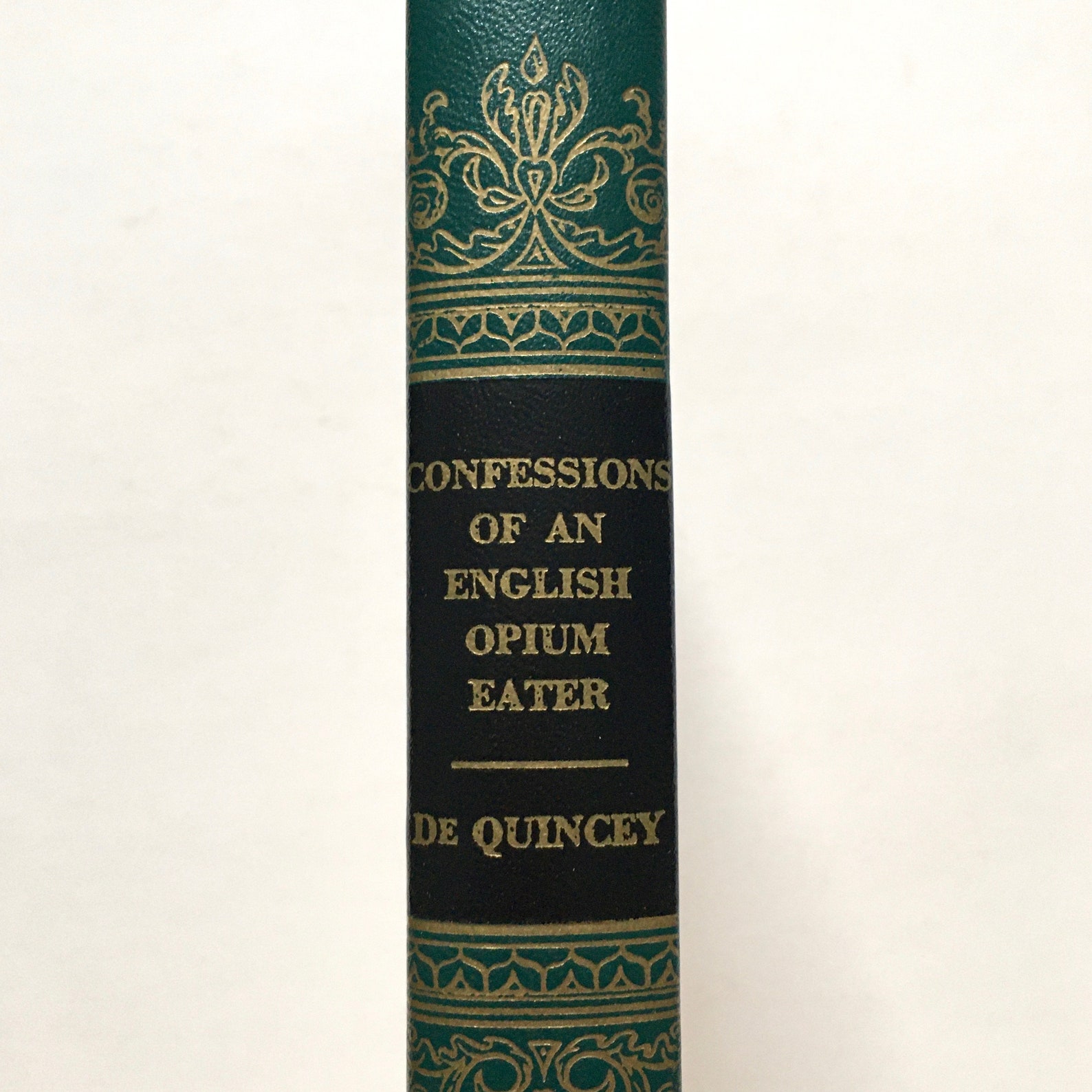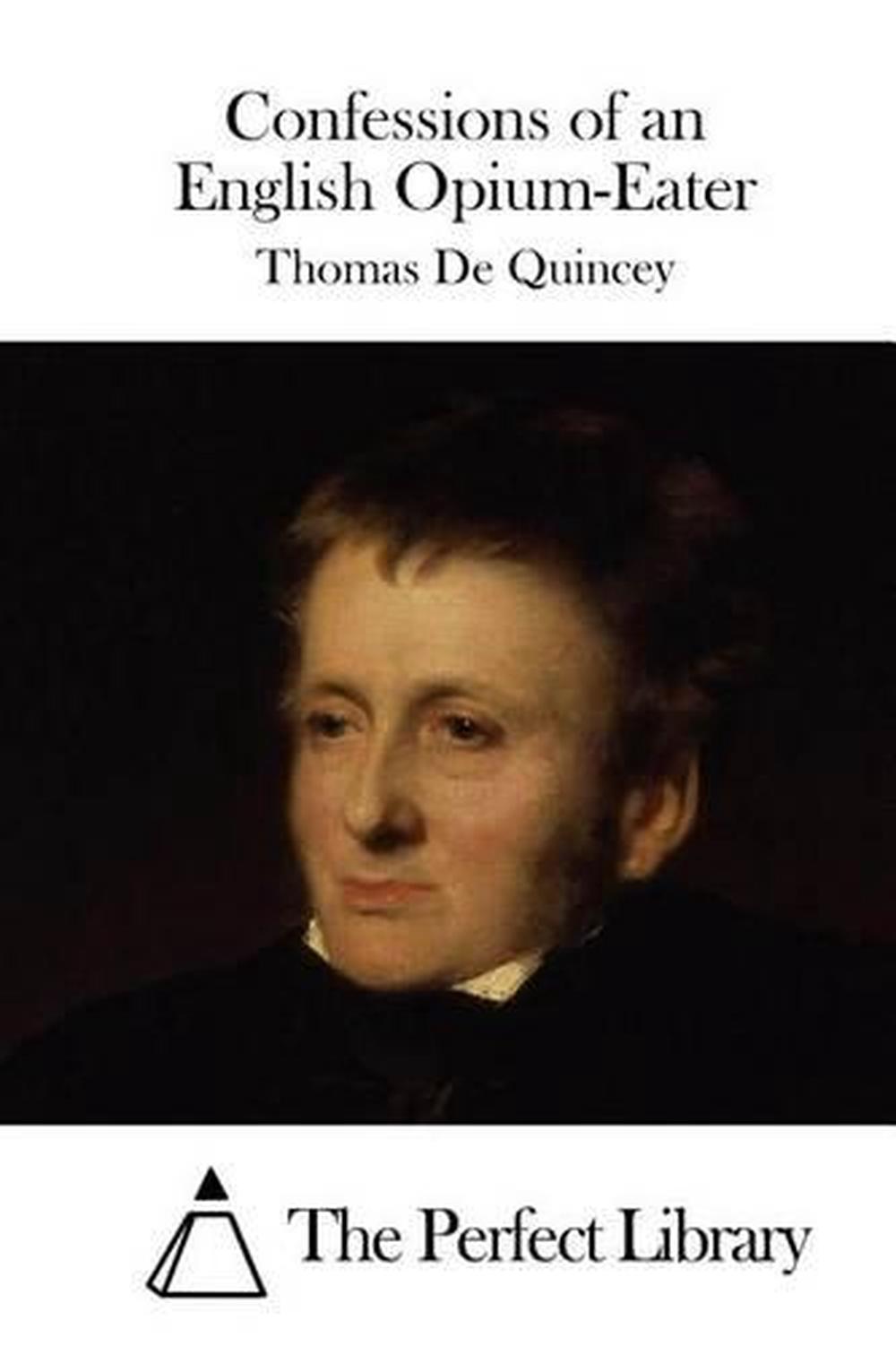


Bettyĭe Quincey’s landlord at the inn in Bangor. He initially begins to take opium as a pain reliever for various ailments, but his addiction to it threatens his mental health and his writing career. After he runs away from boarding school at 17, he spends several years living in poverty on the streets of London before attending university at Oxford. De Quincey is the son of a wealthy merchant, and although his father died when he was seven, De Quincey is able to live in relative wealth for most of his youth. He set to work on the ‘Opium article’, and the Confessions, signed ‘X.Y.Z.’, was published in the September and October 1821 issues of the London Magazine, appearing in book form in 1822.The author and narrator of Confessions of an English Opium-Eater. But the distinction of publishing what became the Confessions of an English Opium-Eater was not to be Blackwood's’, the procrastinating De Quincey infuriated the publisher with his tardiness (and tartness), went to London, and offered his services to Blackwood's arch-rival, the London Magazine. For the first time, he was turning the pains and pleasures of his opium experience to account.


But this I shall think of with not so much pain, if this same opium enables me (as I think it will) to send you an article’ 1. ‘Opium’, he wrote to William Blackwood, the publisher, ‘has reduced me for the last six years to one general discourtesy of utter silence. It was for Blackwood's, then, that De Quincey began what he referred to at the time as an ‘Opium article’. De Quincey was himself no stranger to the trials of editorship: he had recently served his journalistic apprenticeship as the editor of the Westmorland Gazette (from which, however, he had been dismissed the previous year). His friend John Wilson, editor of Black- wood's, had been trying for some time to recruit him for ‘the Maga’, but had received nothing but promises from a man who had recently begun to make a habit of drawing bills on him. He was, more accurately, an opium-drinker, taking the drug in the form of laudanum, alcoholic tincture of opium. In December 1820, Thomas De Quincey (1785–1859), by that time an opium-eater for over 16 years and an addict for over eight, arrived in Edinburgh from Grasmere to write for Blackwood's Magazine.


 0 kommentar(er)
0 kommentar(er)
